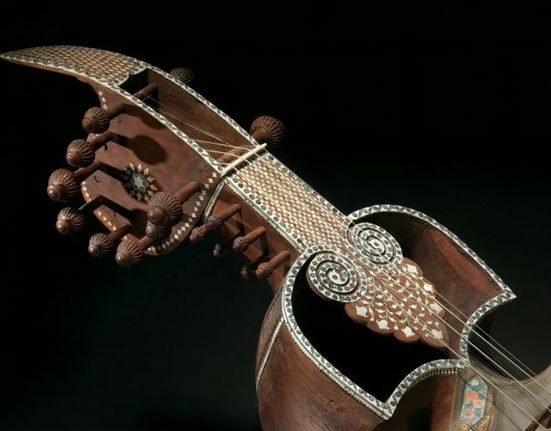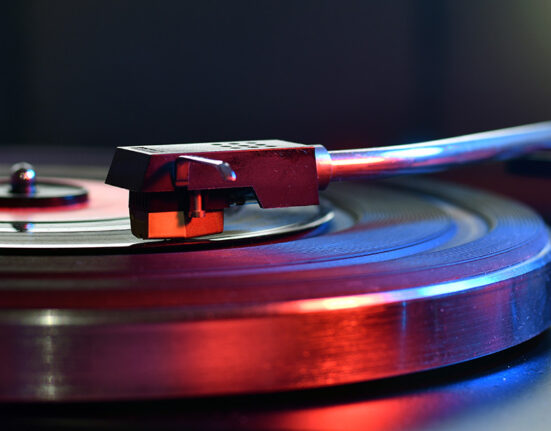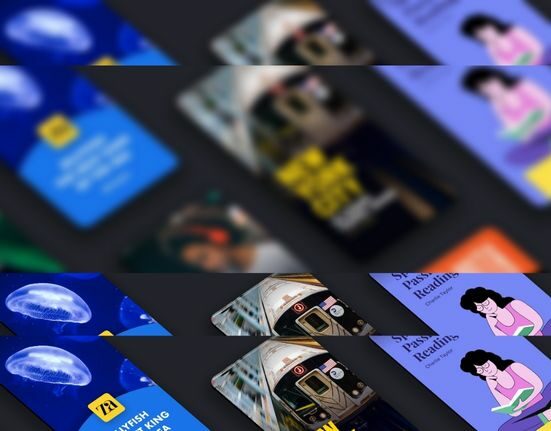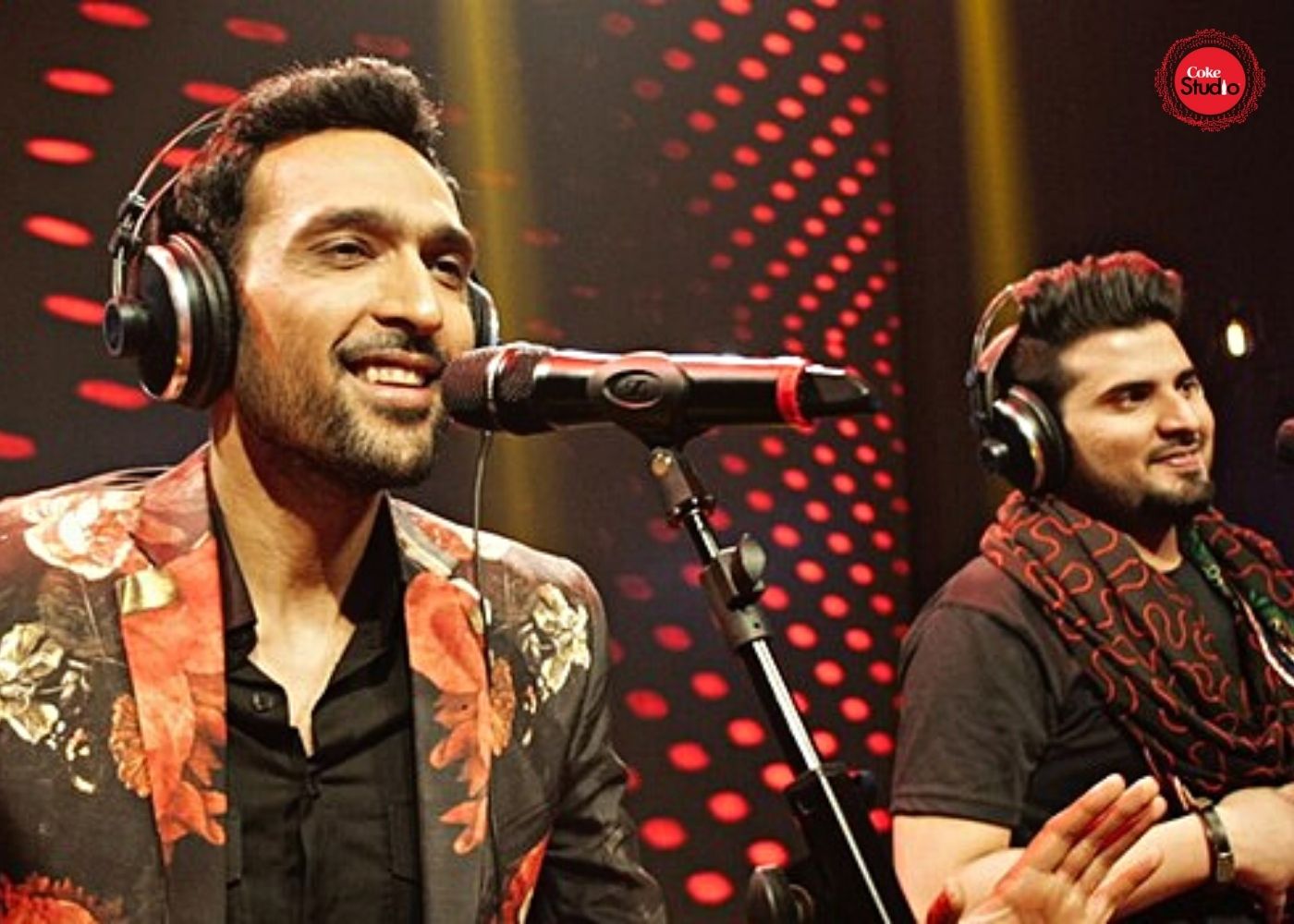The idea of music being transboundary has been truly proved by the popularity of Coke Studio in both India and Pakistan. It has successfully been transcending through the boundaries of nationhood, identities and affiliations and has given it’s music a common ground to celebrate the shared heritage, traditions and musical culture. In more than a dozen seasons produced by Coke Studio in both countries, there has been a constant attempt to bring back the lost literary traditions in a more appealing manner to the masses. Let’s take a look into it.
Tanya Sujan | BeatCurry Team
Umran Langiyaan
Umran Langiyaan is adapted from a poem written by Punjabi-British poet Mazhar Tirmazi in 1973 and was published in the literary journal Rut Lekha. The recurring line ‘Umran langiyaan pabaan bhaar’ translates to ‘I have spent a lifetime waiting on my tiptoes’. Written in the aftermath of partition, it expresses the sorrow of parting from one’s homeland and its people, and the subsequent feelings of loss, guilt, and longing.
The song takes a sweet mid turn with Nabeel Shaukat Ali’s rendition of a folk song originally sung by Allah Ditta Lonaywala called Chan Chan Chankan. These lines have a very sweet hidden meaning behind them. In South Asian culture, bangles are a sign of prospering youth and a thriving marriage. When the protagonist prays that her bangles never splinter, she indirectly expresses her wish that no fatal harm occurs to her lover.
Chhan chhan chhankan wanggaan ni meriyaan
[My delicate glass bangles make a tinkling sound]
Jidron vi main langhaan ni meriyaan
[Wherever I pass, they make a tinkling sound]
Ae wangaan shaala tutt na jaawan
[May these glass bangles never break]
Roz duaaen mangaan ni meriyaan
[Every day I pray for this]
Paar Chanaa De
Paar Channa De is a dialogue between Sohni and her inanimate clay-pot (ghariya). In its essence, the song expresses the grievances of separation and a sense of longing to meet the loved one. The song is from one of the most popular tragic romances of Punjab-Sohni and Mahiwal. Their story goes such that Sohni was married off against her wishes as she was already in love with Mahiwal. Therefore, even after her marriage, she did not stop seeing Mahiwal, who lived across the Chenab river. Sohni would cross the river to meet Mahiwal using a baked earthenware pot that helped her to stay afloat. Her sister-in-law found out about her secret meetings with her lover and switched the baked pot with an unbaked one.
Unaware of this, Sohni carried this pot to meet Mahiwal but the pot obviously began melting in the high waves. Mahiwal tried to save her but he couldn’t hold himself against the strong current and both the lovers drowned in the river and died in each other’s arms.
Paar chanaan de disse kulli yaar di
[Right there across the Chenab river lies my beloved’s hut]
ghaṛiya ghaṛiya aa ve ghaṛiya
[Come on, clay-pot, let’s keep going]
raat haneri nadi ṭhaaṭhaan maardi
[The night is deathly dark, the river waves surge high around us]
ariye ariye haan ni ariye
[Oh listen, girl, don’t be stubborn]
kacchi meri miṭṭi kaccha mera naam ni
[I am a pot made of unbaked clay, bound to melt away in the river]
haan main na-kaam ni
[Being unsound and unsteady, I cannot but fail in carrying you across]
ho main naakaam ni
[I cannot but fail in carrying you across]
kacchiyaan da hunda kaccha anjaam ni
[The unsound can only reach an unsound end]
eh gal ‘aam ni
[This is a truth known to all]
kacchiyaan te rakkhiye na umeed paar di
[Don’t rely on the unsound to help you reach the shore]
ariye ariye haan ni ariye
[Oh listen, girl, don’t be stubborn]
Dekh Tera Kya | Latthay Di Chaadar
A fusion of two separate songs written by Bashir Manzar (Latthay Di Chaddar) and Muhammad Nasir (Dekh Tera Kya), this song is a harmonious combination of hope and love. Colour is a common theme of this combination and the lyrics vividly depict this. Sung in the warming voices of Farhan Saeed and Qurutalain Baloch, the song starts off with an uplifting stanza that talks about the winds turning in favour of the protagonist’s lover. Expressing the permanent and lasting colour of memories, the initial portion of the composition emphasises on the beautifully painful traits of memories.
Baloch takes on the Punjabi portion of the song with the lines:
O mere kanna de chamkan jhumke
[Sparkling earrings adorn my ears]
O mainu vekhe hawa vi payi ghum ke
[Even the wind turns around to get a glimpse of me]
Tera mera saath puraana ae
[Our relationship goes back a long way]
Ral-mill ke assaan tod nibhana ae
[Together we must fulfil our promises for each other]
The song then transitions to the popular Punjabi wedding song, Latthay di Chaadar:
Latthay Di Chaadar utte saleti Rang mahiya, aa ba’o saamne
[A cotton shawl dyed slate-grey, my love, come in front of me]
Aa ba’o saamne, kolon di russke na lang mahiya
[Come in front of me, do not sit angrily in a corner]
Jugni
Coming from the folk genre of Punjabi Sufi songs, Jugni (more popularly known as Alif Allah Chambe Di Booti) is based on the works of 17th century Sufi poet Sultan Bahu. In the past, while there have been numerous controversies regarding whether this song belongs to India or Pakistan, a common consensus found among people was that the song belongs to anyone who submits to it and music, therefore, knows no boundaries.
Alif allah chambay di booti, tey meray murshid mann vich lai hoo
[My master has planted the fragrant seed of love in my heart]
Ho nafi uss baat da paani dey kay
[Which flourished with modesty, piety and acceptance of his existence]
Har ragaay harjai hoo
[My God is present in every throbbing pulse]
Ho joog joog jeevay mera murshid sohna
[My spiritual guide is ever-present]
Hatay jiss ay booti lai ho
[The one who blew life into me]
Pir meraya jugni ji
[I have the spirit of my guide]
Ae way allah waliyan di jugni ji
[The spirit of all the messengers who brought His message to this Earth]
Ae way nabbi pak di jugni ji
[The spirit of Holy Prophet]
Ae way maula ali wali jugni ji
[The spirit of Ali and his followers]
Ae way meray pir di jugni ji
[The spirit of my saint]
Ae way saaray sabaz di jugni ji
[The spirit of all his words]
Dinae Dinae
Dinae Dinae is a gem from Coke Studio India that fuses the folk of Assam and Punjab. This unique meeting of these two mirroring cultures and languages emphasises on the shortness of a person’s life on earth and the futile worries and stress a person sounds themselves with. It pushes the listener to let go of what hurts and bothers them and live life more happily and hopefully.
https://www.youtube.com/watch?v=gDOFDwgXrew
If you’d like to know more about the unique and versatile forms and flavours of music from around the world, log on to www.beatcurry.com, follow, subscribe and never miss another update from us.







